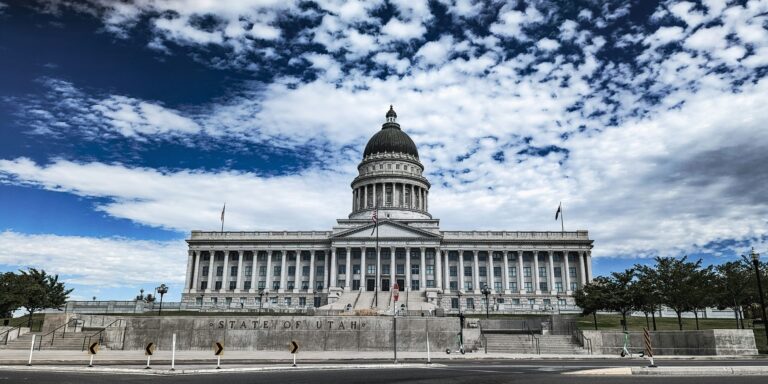The 2025 Nevada Legislative Session has officially ended, and it was one of the most action-packed sessions in recent history. The session, which ran from February through June, saw lawmakers tackle a wide range of issues, including immigration reform, criminal justice, housing, and education. The final decisions are shaping the direction of the state, and many bills will have lasting effects on Nevadans.
One of the most notable achievements was the passage of the Voter ID Bill, which requires all voters to present government-issued identification at the polls. The bill has sparked intense debate, particularly among civil rights organizations, who argue that it could disenfranchise low-income and minority voters. However, lawmakers reached a compromise by expanding mail-in voting options and drop boxes for ballots, making it easier for Nevadans to participate in elections.
Key Bills Passed
- Teacher Pay Raises: The Teacher Pay Raise Bill, which passed with bipartisan support, increases pay for K-12 teachers across the state, especially for charter school teachers. This measure aims to address Nevada’s long-standing teacher shortage and make the state more competitive in attracting top educational talent. Governor Joe Lombardo has been a vocal supporter of the bill, highlighting the importance of investing in Nevada’s future workforce.
- Affordable Housing Initiatives: The legislature allocated $133 million for affordable housing development in Nevada. The funding will go toward creating more attainable housing for middle-income families. The initiative is seen as a response to the growing housing crisis in cities like Las Vegas and Reno, where high demand and limited supply have driven up housing costs for residents.
- Police Transparency: A bill mandating transparency regarding police use of force in schools has also passed. The bill requires law enforcement officers working in educational settings to report their use of force incidents, helping to improve public trust and accountability in policing. It is part of a broader criminal justice reform effort that has gained momentum across the state.
Political Divisions and Key Failures
While many significant pieces of legislation passed, the session was not without its share of controversial bills that ultimately failed to pass. Among them was Governor Lombardo’s Crime Bill, which proposed tougher sentences for individuals convicted of retail theft and property crimes. The bill, which was seen as a tough-on-crime measure, failed to gain sufficient support in the legislature, with critics arguing that it would disproportionately affect low-income communities.
Another key failure was a proposal to expand the state’s film industry tax credits, which would have incentivized Hollywood productions to film in Nevada. The bill was opposed by Republicans, who argued that it would lead to unnecessary state spending, while Democrats claimed it would create jobs and boost the local economy. However, despite support from several Hollywood insiders, the measure was ultimately voted down.
Looking to the Future
As the legislature adjourns, the focus now shifts to the implementation of these new laws and how they will impact everyday Nevadans. The voter ID law will likely face legal challenges in the coming months, particularly from organizations that advocate for voter rights. Similarly, the affordable housing initiative will need careful planning and execution to ensure that it meets the demand for housing in Nevada’s most populated areas.
With 2026 elections on the horizon, the decisions made during the 2025 legislative session will likely become key issues in the campaigns for governor and state legislature seats. Both parties will be using the results of the session to bolster their platforms, particularly as Nevada’s political landscape continues to shift.


